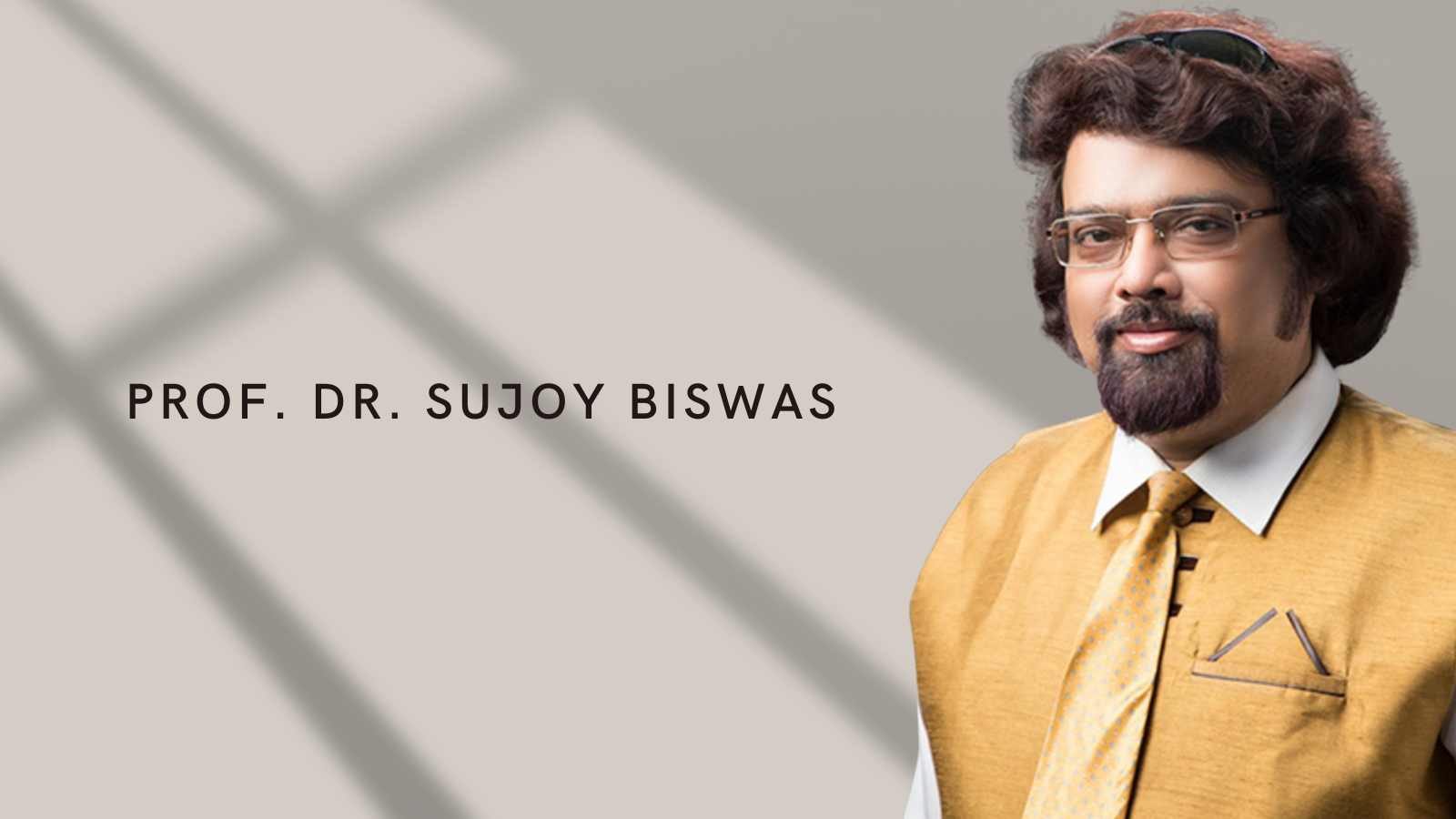“Science may set limits to knowledge, but should not set limits to imagination”. – Bertrand Russell , British mathematician, philosopher, and public intellectual
Good morning.
I welcome all on behalf of Techno India University to the Science Day Program on Microbes at Work: Sustainable Solutions for the Planet. This event is a celebration of the remarkable advances and achievements in the field of microbiology, and we are thrilled to have you as a distinguished guest.
As the keynote speaker will talk on the theme of Science Day Program on Microbes at Work: Sustainable Solutions for the Planet , I will like to throw some light on the National Science Day.
The theme for the “National Science Day 2024”, is “Indigenous Technologies for Viksit Bharat”.
The NSD Theme for this year’s celebration reflects a strategic focus on promoting public appreciation for Science, Technology and Innovation and accomplishments of Indian scientists to address challenges through home-grown technologies for over-all well-being.
The Theme not only marks a new era but also presents an opportunity for public and scientific fraternity, both domestically and internationally, to collaborate, work together, and contribute to the well-being of India and humanity as a whole. While emphasizing the importance of making India Atmanirbhar through science, it underscores the need to address subjects that hold significance for humanity as a whole.
The National Science Day (NSD) is celebrated every year on 28 February to commemorate the discovery of the ‘Raman Effect’. Government of India designated 28 February as National Science Day (NSD) in 1986. On this day Sir C.V. Raman announced the discovery of the ‘Raman Effect’ for which he was awarded the Nobel Prize in 1930. On this occasion, theme-based science communication activities are carried out all over the country. The theme launch will trigger celebrations of NSD specially in schools & colleges throughout the country.
In the wake of recent scientific achievements, it may be underscored that the rising trajectory of India over past 10 years is being witnessed globally. We are globally among the top five countries in scientific research publications, 40th in Global Innovation Index (GII) showcasing remarkable climb from 81st rank in 2015 and our patent filing has crossed 90,000 which is highest in two decades.
All this is due to strengthening of S&T ecosystem in the nation in fields such as Artificial Intelligence, Astronomy, Solar & Wind Energy, Semiconductors, Climate Research, Space Research and Biotechnology. Indian scientific breakthroughs have reached from the lab to moon; with the successful landing of Chandrayaan-3 on south pole of moon, India became the first country to achieve this feat.
India is also acknowledged for robust vaccine development capacity, and it has been proved during COVID pandemic. India is now ready to match the global stride in Quantum Technology. The impact of Indian scientific breakthroughs is significantly enhancing the ‘Ease of Living’ for the common man.
As we embark on the celebration of NSD and move ahead with the launch of the theme for 2024, it is clearly evident that our scientific endeavours have the power to shape not only the future of our nation but also contribute significantly towards global advancement.
As the scientific community from the States S&T Councils have also joined for the launch of NSD Theme, I must say that together we can create an ecosystem that encourages scientific inquiry and collaboration across the nation to leverage the transformative power of science for the greater good.
A few words on today’s topic Microbes at Work: Sustainable Solutions for the Planet :
Microbes are omnipresent in the biosphere, and their presence invariably affects the environment in which they grow. The effects of microbes on their environment can be beneficial or harmful or inapparent with regard to human measure or observation.
The most significant effect of the microbes on earth is their ability to recycle the primary elements that make up all living systems, especially carbon, oxygen, and nitrogen (N).
Primary production involves photosynthetic organisms which take up CO2 from the atmosphere and convert it to organic (cellular) material.
The process is also called CO2 fixation, and it accounts for a very large portion of organic carbon available for synthesis of cell material.
Decomposition or biodegradation results in the breakdown of complex organic materials to other forms of carbon that can be used by other organisms.
There is no naturally occurring organic compound that cannot be degraded by some microbe, although some synthetic compounds such as Teflon, plastics, insecticides, and pesticides are broken down very slowly or not at all.
Through the microbial metabolic processes of fermentation and respiration, organic molecules are eventually broken down to CO2 which is returned to the atmosphere for continuous process of primary production.
Biological nitrogen fixation is a process found only in some bacteria which remove N2 from the atmosphere and converts it to ammonia (NH3), for use by the plants and animals. Nitrogen fixation also results in replenishment of soil nitrogen removed by agricultural processes.
Thus along with all these benefits, microbes greatly contribute in maintaining sustainability of environment.
As I conclude and pass on to the Keynote speaker I will like to conclude with the words of American astronomer and science communicator Carl Edward Sagan who says and I quote “Somewhere, something incredible is waiting to be known.”

